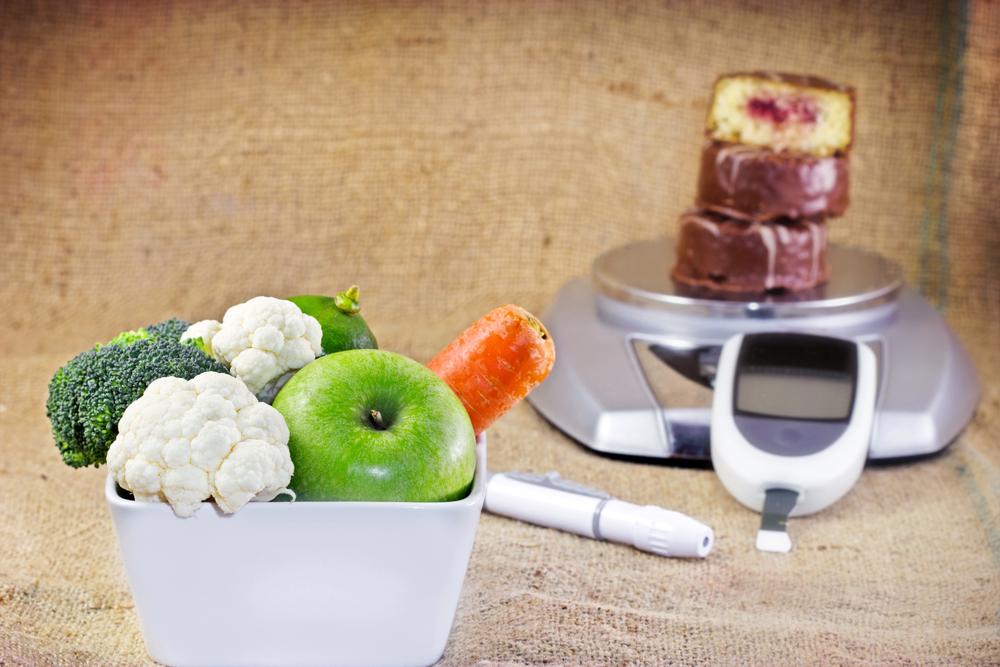Effective Nutritional Strategies for Blood Sugar Control
Discover essential dietary strategies to effectively manage blood sugar levels in diabetics. Learn how balanced meals, portion control, and choosing the right foods can prevent blood glucose fluctuations. Always consult your healthcare provider before making significant dietary changes for personalized results.

Effective Nutritional Strategies for Blood Sugar Control
Managing diabetes effectively requires adherence to a balanced diet aimed at maintaining stable blood glucose levels. Your dietary choices directly influence your blood sugar readings, making mindful eating essential. Since there is no universal diet for diabetics, consulting a healthcare professional is crucial before making significant changes. Your doctor will design a personalized meal plan outlining suitable foods and portion sizes for main meals and snacks.
Typically, a diabetic-friendly diet includes 40%-60% calories from carbohydrates, up to 30% from fats, and about 20% from proteins. Emphasizing low sodium, cholesterol, and added sugar foods is vital. Recognize which foods and their combinations can cause blood sugar spikes, considering that not just the type but also the pairing of foods impacts glucose levels.
Learning to measure portion sizes and count carbohydrates is essential, especially for those on insulin, to ensure correct dosing. Each meal should be well-balanced, incorporating fiber-rich carbs like whole grains, fruits, and vegetables to maintain steady blood sugar. Adjusting food intake and medications accordingly is necessary to prevent hypoglycemia from too little food or hyperglycemia from excessive intake.
Minimize consumption of sugary drinks and those with high-fructose corn syrup, as they lack nutritional value and cause blood sugar surges. These are particularly problematic during hyperglycemia or low insulin levels.
Incorporate whole grains such as whole-wheat bread, oatmeal, and brown rice into daily meals.
Eat legumes, beans, peas, lean meats, poultry, and fish regularly.
Include low-fat or non-fat dairy options like yogurt and milk.
Use healthy fats from sources like olive oil, nuts, seeds, avocados, and fish oils.
Consume fresh fruits and leafy green vegetables to help regulate blood sugar.
Opt for high-fiber cereals or whole grain breads.
Enjoy fish, turkey, seafood, shellfish, and organic chicken as part of your diet.
Note:
Our blog offers diverse information covering health and nutrition topics. While our team strives to provide accurate insights, readers should view these articles as general guidance. For tailored advice, always consult healthcare professionals. The website cannot guarantee the accuracy or completeness of all data and may not include all available schemes or offers that could benefit readers.










